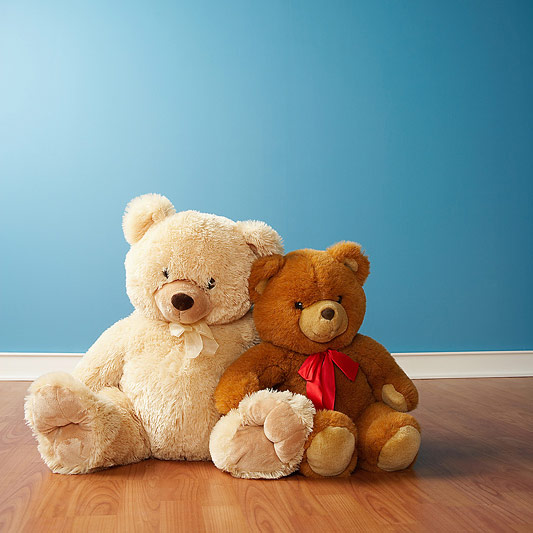
MONDAY, July 6, 2015 (HealthDay News) — Children who grow up in poor neighborhoods face more obstacles in life, but new research suggests that having a best friend can help these kids succeed.
“Research into promoting resilience in young people has concentrated on support from the family, but friendships are important, too,” study leader Rebecca Graber, a psychologist at the University of Sussex in England, said in a news release from the British Psychological Society.
“Boys’ and girls’ best friendships are an important source of meaning and strength in the face of substantial adversity,” Graber explained.
Previous studies found a link between the challenges faced by young people in poor neighborhoods and larger social circles or peer groups. In this study, researchers focused specifically on the effects of having one close, supportive confidant on kids’ ability to learn from adversity, become self-reliant and keep life in perspective.
The study authors surveyed 409 students between the ages of 11 and 19 from three schools and two colleges located in low-income areas in England. The quality of their best friendship was also examined in a psychological assessment. During this evaluation, the researchers assessed the participants’ resilience when faced with adversity and how they coped with difficulties.
For both boys and girls, their best friend helped them find effective ways to deal with their problems. This included looking at the issues in a more positive light or strategizing. Friends also provided emotional support and helped the participants develop the skills and resilience they needed to face challenges.
Among the girls surveyed, best friends had a greater tendency to encourage risky or ineffective ways of dealing with problems, such as substance use or placing blame on oneself. This tendency was not seen among the boys, the study published recently in the British Journal of Psychology found.
“There has also been almost a distrust of friendship between boys, with research concentrating on the negative side of belonging to a gang. But that isn’t the whole story,” Graber said in the news release. “Our research suggests that boys’ best friendships may be intimate, trustworthy and supportive, even as they face social pressures towards a stoic or macho masculinity.”
More information
The University of Arizona has more about peer groups and friendship.
Copyright © 2025 HealthDay. All rights reserved.

